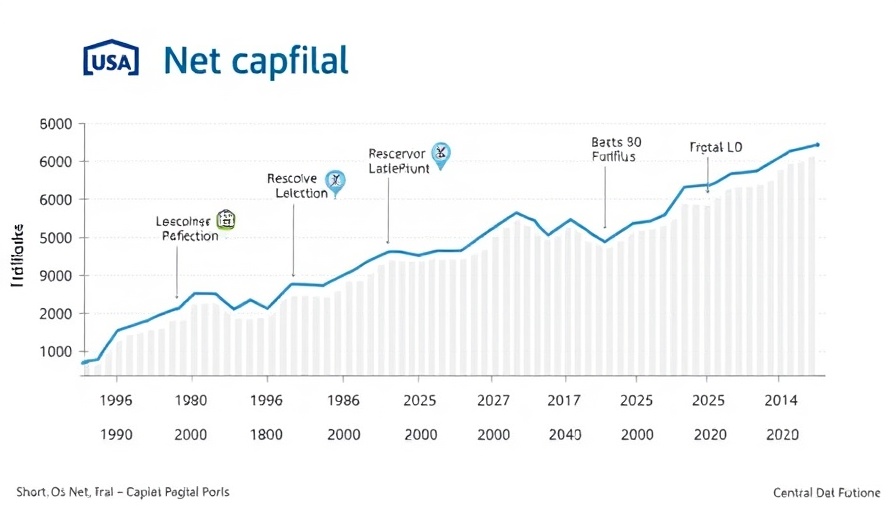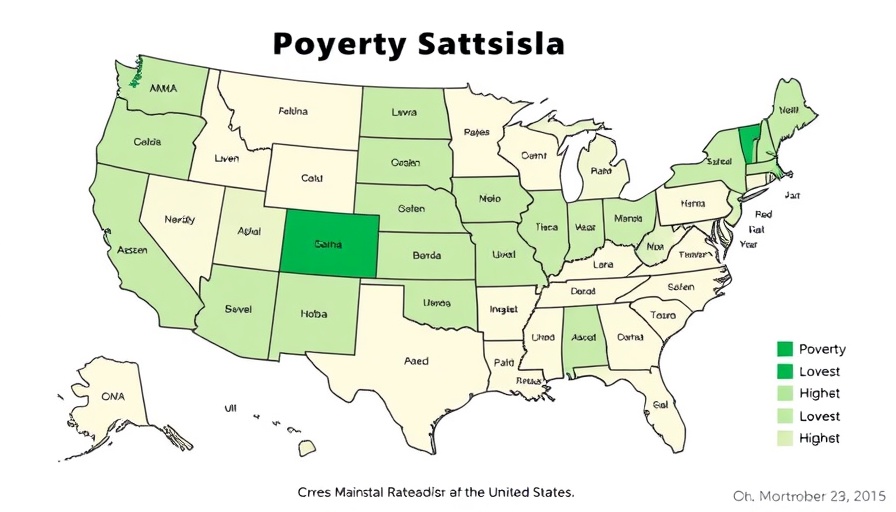
Understanding the Impact of Tariffs on Inflation
Austan Goolsbee, the president of the Federal Reserve Bank of Chicago, spoke recently about the intricate relationship between tariffs, inflation, and supply-chain disruptions. As tariffs re-emerge as a topic in U.S. trade policy, it’s crucial for top wage earners, particularly those in Philadelphia, to understand how these factors impact the economy and their financial decisions.
The Golden Path of Disinflation
In a prior discussion, Goolsbee referred to what he termed the “Golden Path” — a scenario where significant disinflation occurs without a recession. This is pivotal for investors, as recent economic trends indicate that inflation indeed decreased significantly in 2023 without triggering a corresponding rise in unemployment. The context here is vital: understanding how such an outcome influences market stability and individual investment strategies.
Why Tariffs Matter Now
As we look at the current inflation landscape, Goolsbee warns that high tariffs could lead to sustained supply-chain disruptions, potentially reigniting inflation. This is critical for high earners in Philadelphia who manage personal investments and are navigating a market with competing economic signals. If inflation rises, it may complicate decisions about asset allocation and spending.
Future Inflation Predictions Amidst Tariff Discussions
Goolsbee's insights suggest a cautious approach to inflation forecasts. He notes that, unlike past tariffs, the current situation could yield longer-lasting effects due to factors like geopolitical risks and natural disasters that disrupt trade. Consequently, it is essential for investors to remain vigilant about how these tariffs might influence prices and, subsequently, their investment returns.
What This Means for Your Investments
With tariffs potentially affecting more imports now than they did in 2018, Philadelphia’s top earners need to be proactive. Goolsbee’s analysis underscores the reality that economic environments can shift rapidly. Thus, developing a flexible investment strategy that can adapt to rising costs and inflationary pressures is necessary.
Final Thoughts
As Goolsbee aptly summarized, navigating these economic challenges requires understanding the complexities of tariffs and their broader implications. By staying informed and adjusting financial strategies accordingly, individuals can better prepare for the future. Remember, in times of uncertainty, knowledge is your best asset.
 Add Row
Add Row  Add
Add 




Write A Comment